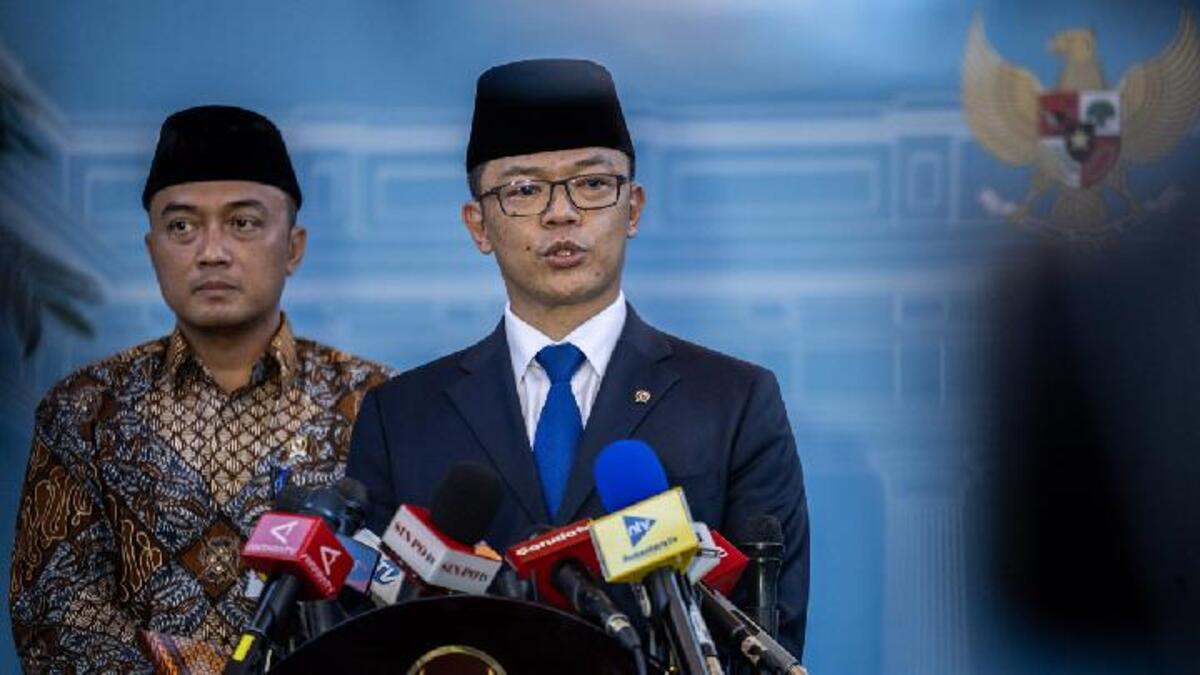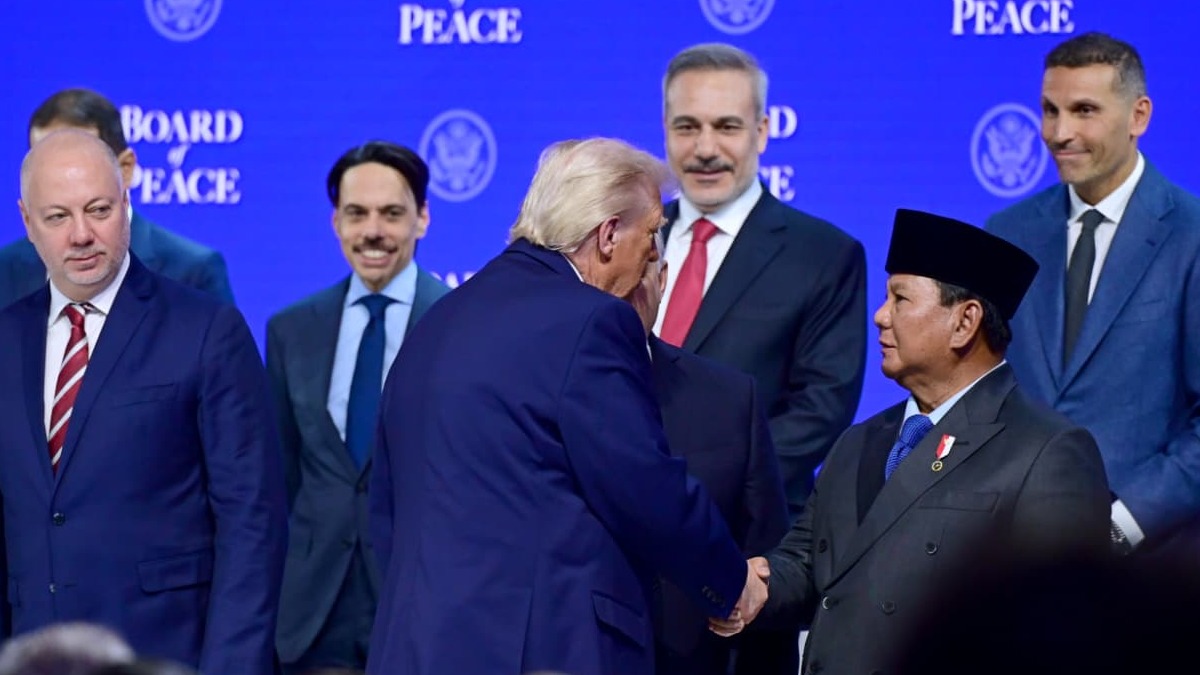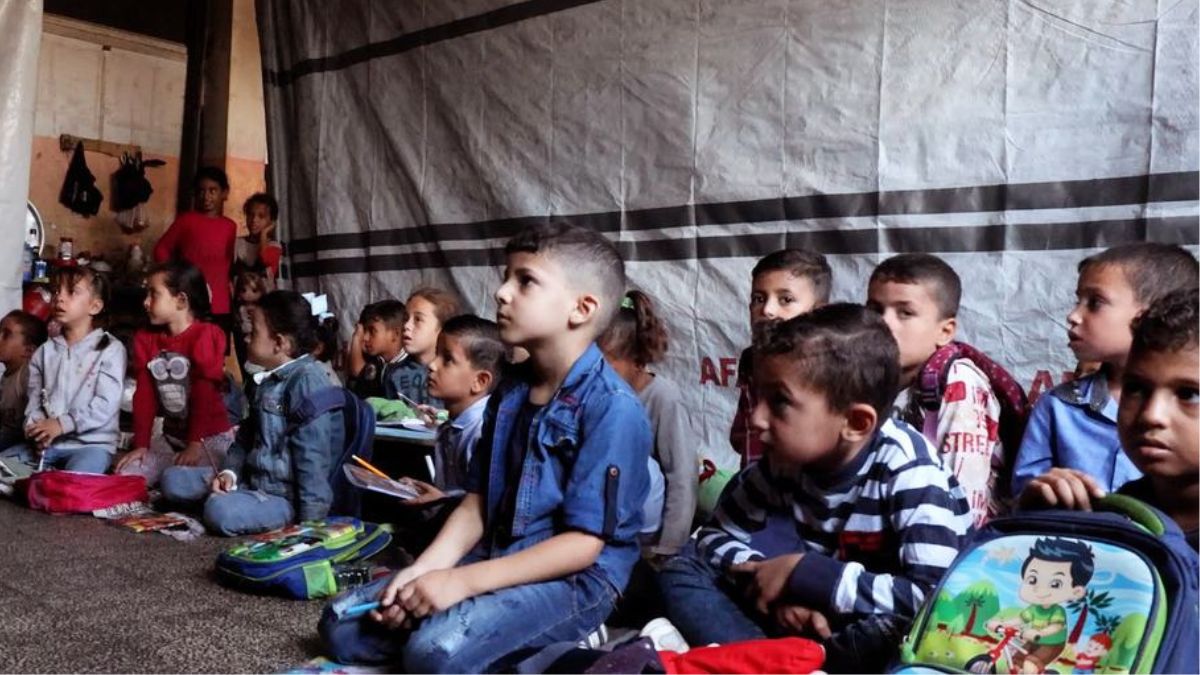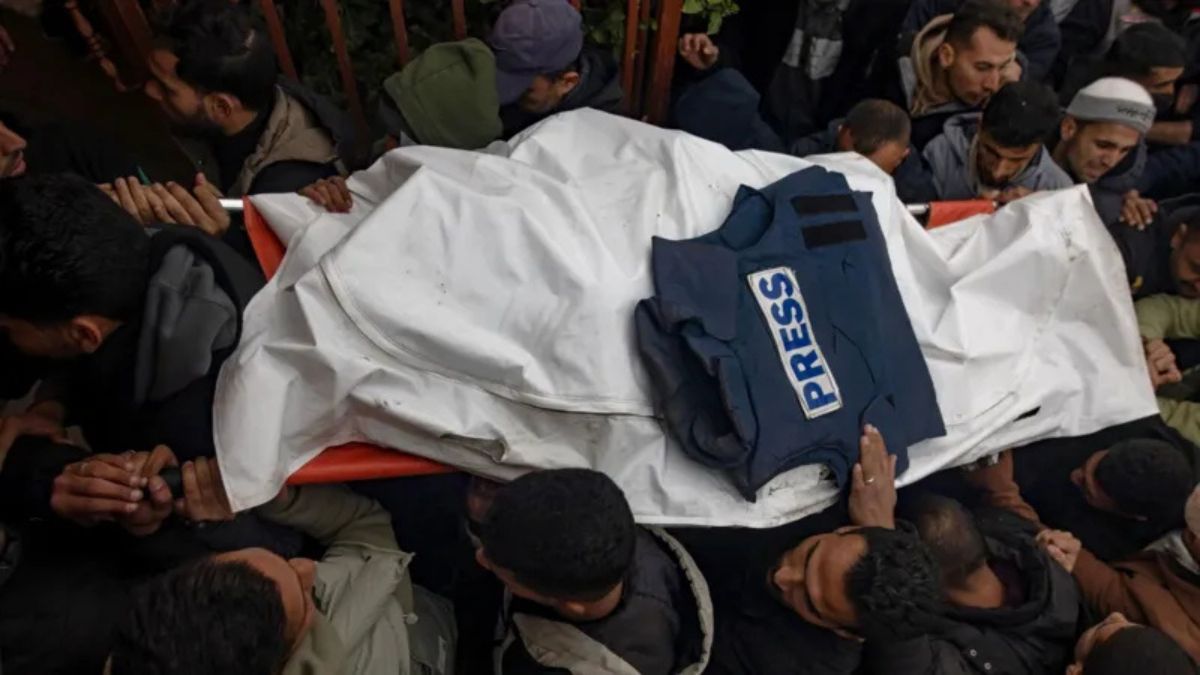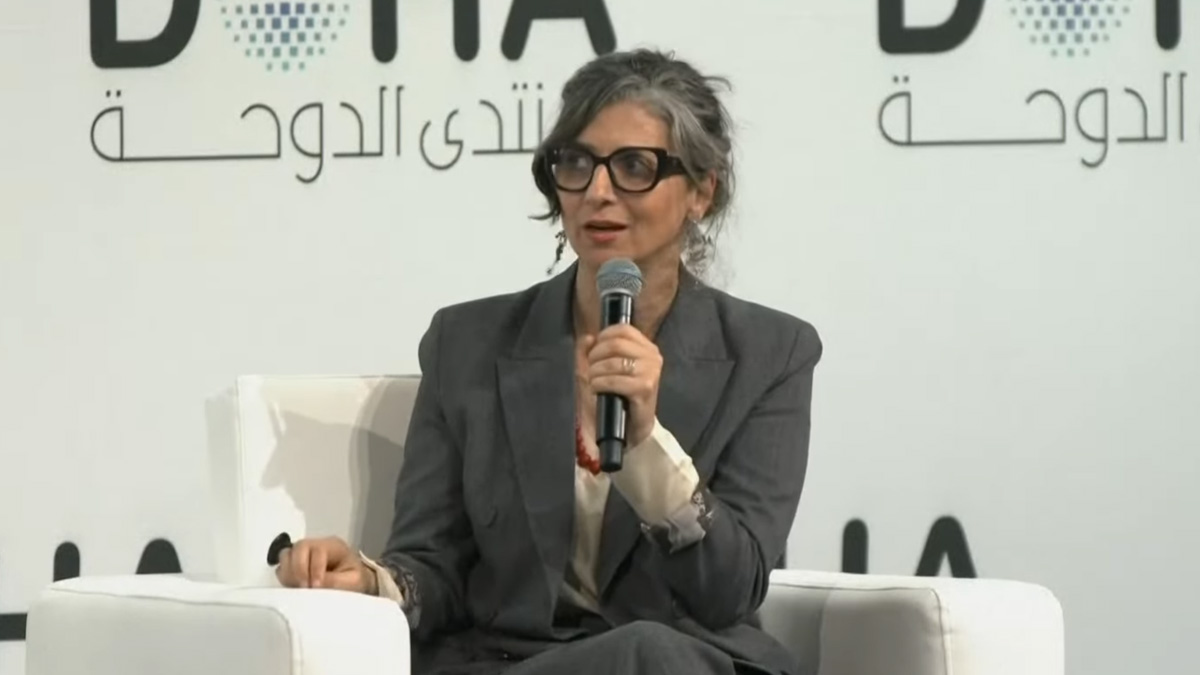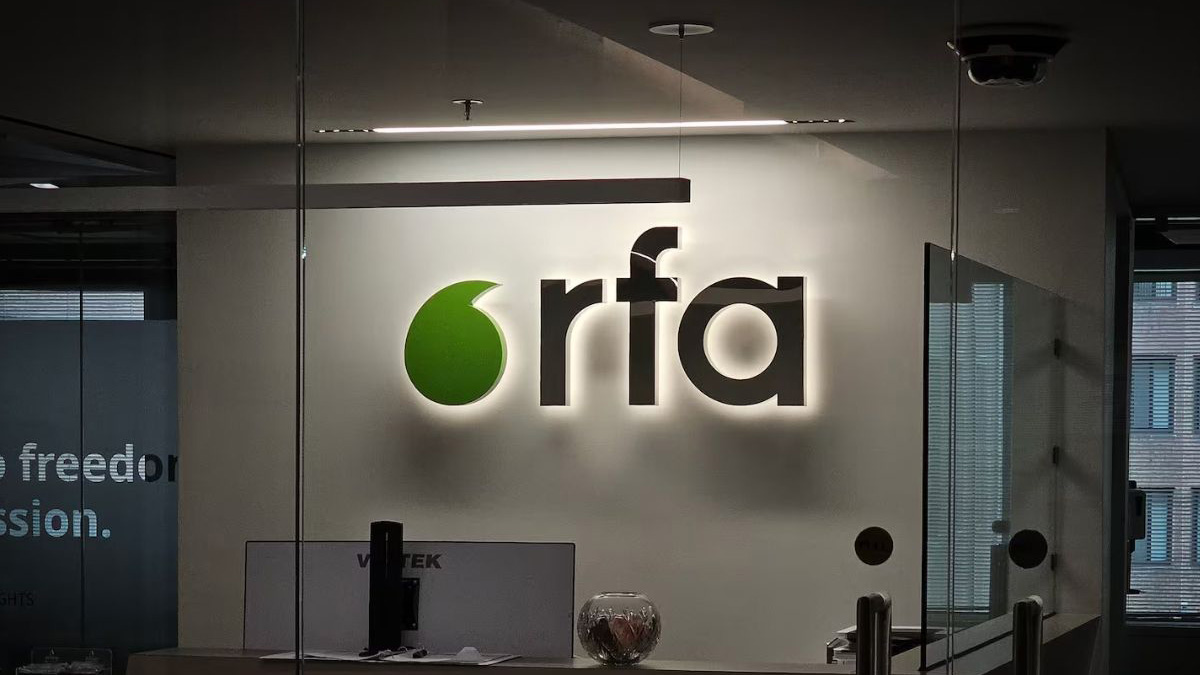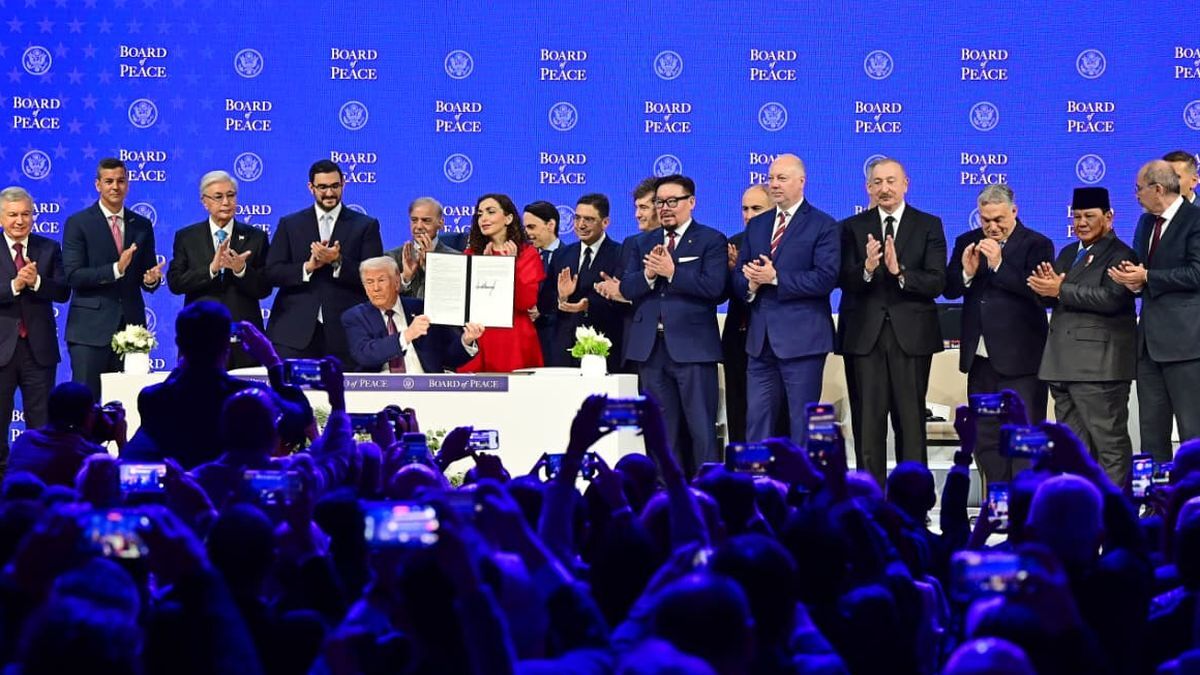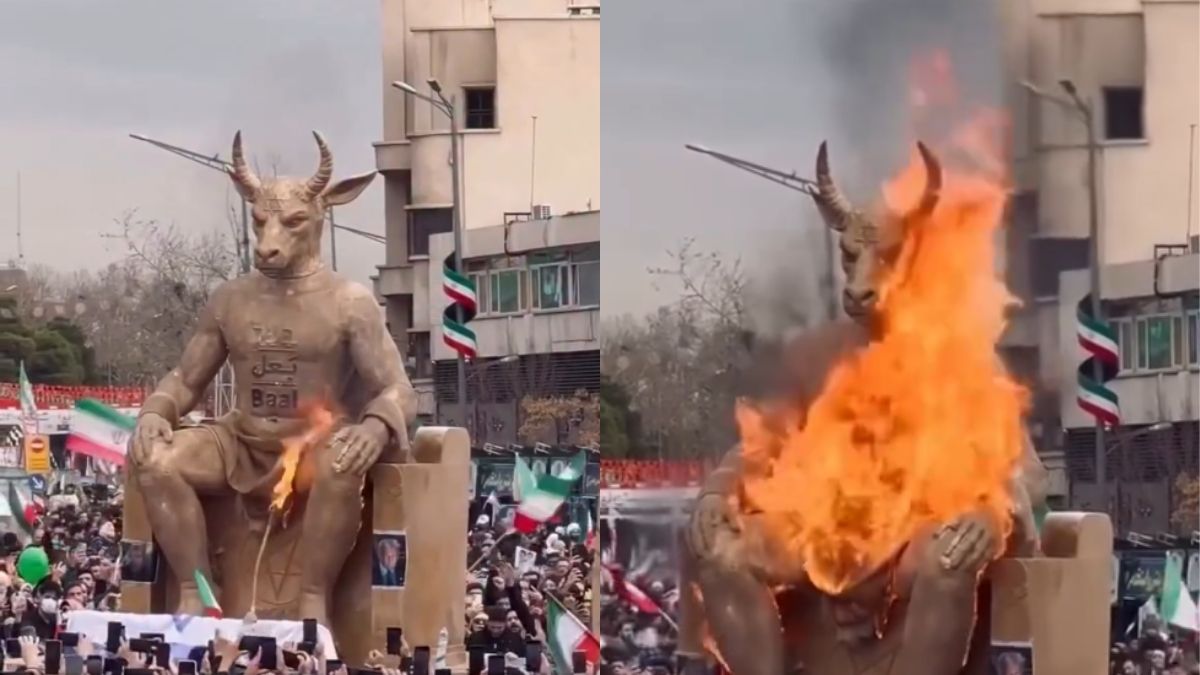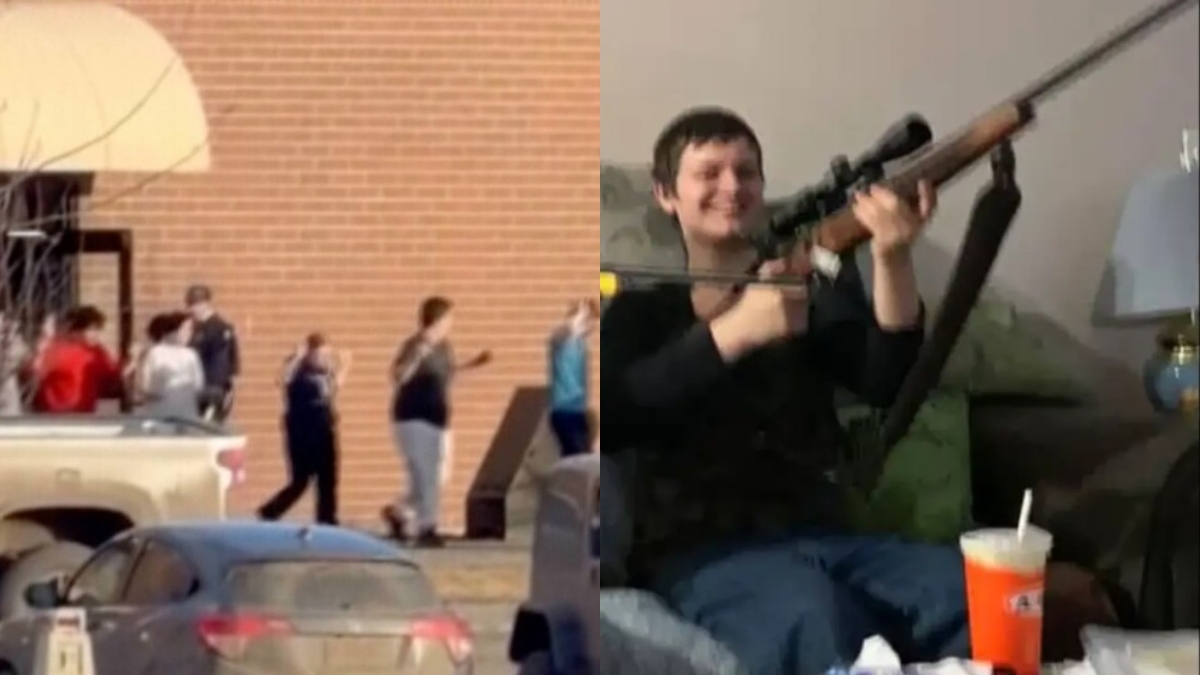Unicef says Israel blocks key vaccination and infant supplies from entering Gaza
Unicef said on 11 November that Israel is blocking the entry of syringes, baby formula, and refrigeration equipment into Gaza, citing “dual-use” concerns, hindering vital vaccination campaigns for thousands of children amid a fragile ceasefire.

- Unicef reported that Israel is preventing entry of essential child health supplies, including syringes and baby formula bottles, into Gaza.
- Israel’s Cogat agency denied blocking such items, citing “dual-use” concerns and offering unspecified alternatives.
- Unicef’s vaccination drive for 40,000 children faces delays amid an ongoing humanitarian crisis despite a fragile ceasefire.
The United Nations Children’s Fund (Unicef) said on 11 November that Israel continues to deny entry to essential child health items into Gaza, including 1.6 million syringes, solar-powered refrigerators for vaccines, and nearly one million bottles of infant formula.
According to Unicef spokesperson Ricardo Pires, the restrictions are obstructing vaccination and nutrition aid during a fragile ceasefire, despite growing humanitarian needs in the war-devastated enclave.
“The syringes and the refrigerators are considered dual-use by Israel and we’re finding it very hard to get them through clearances and inspections, yet they are urgent,” said Pires at a Geneva briefing.
Israel defines “dual-use” items as those that could have both civilian and military purposes.
The Israeli military’s Coordination of Government Activities in the Territories (Cogat), which supervises aid flow into Gaza, denied blocking such supplies.
Cogat said Israel “does not prevent the entry of syringes or refrigeration-related equipment” and exercises caution to prevent Hamas from exploiting aid for military purposes. It stated that international organisations were offered “alternative solutions” for aid entry, but did not specify what those alternatives were.
According to Cogat, hundreds of trucks carrying food, water, fuel, medicine, and shelter supplies enter Gaza daily in coordination with the United Nations. However, aid agencies argue that restrictions on critical equipment and materials persist, undermining relief efforts.
Unicef launched the first of three rounds of catch-up immunisations on 9 November, targeting over 40,000 children under three who missed vaccines for polio, measles, and pneumonia over two years of conflict. On the first day, the campaign reached more than 2,400 children.
“The vaccination campaign has started, but we have two rounds to go, and for that we need more supplies,” Pires said, warning that the delay in customs clearance for syringes, pending since August, could jeopardise the programme’s continuity.
Unicef further reported that 938,000 bottles of ready-to-use infant formula and spare parts for water trucks have been denied entry by Israeli authorities.
“That’s nearly one million bottles that could be reaching children suffering from malnutrition,” Pires added.
The fragile ceasefire that began on 10 October was expected to facilitate a surge in humanitarian aid, but agencies report that deliveries remain insufficient to meet the needs of Gaza’s largely displaced population of two million.
The Palestinian Ministry of Health in Gaza stated on 10 November that since the conflict’s escalation on 7 October 2023, at least 69,179 Palestinians have been killed, the majority being women and children, and 170,693 others wounded. Thousands remain missing, presumed trapped under rubble.
Since the ceasefire took effect, 242 Palestinians have been killed and 622 injured, with 529 bodies recovered from destroyed homes and mass graves. Israeli authorities, through the International Committee of the Red Cross, have returned 15 more bodies of Palestinians, bringing the total handed over to 315.
Despite limited progress in aid deliveries, Unicef and other humanitarian agencies stress that access to essential medical and nutritional supplies remains a critical barrier to stabilising Gaza’s public health system and protecting its youngest and most vulnerable residents.


